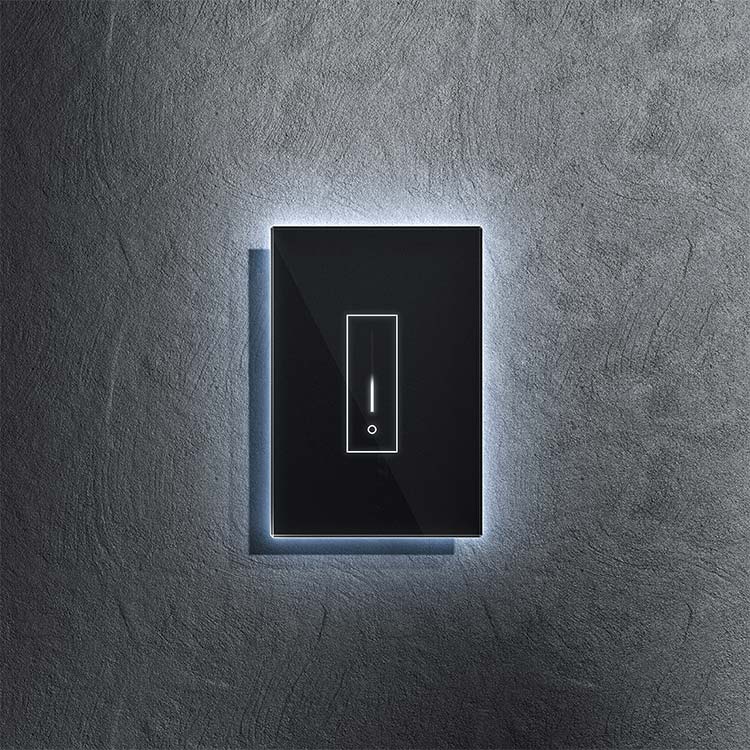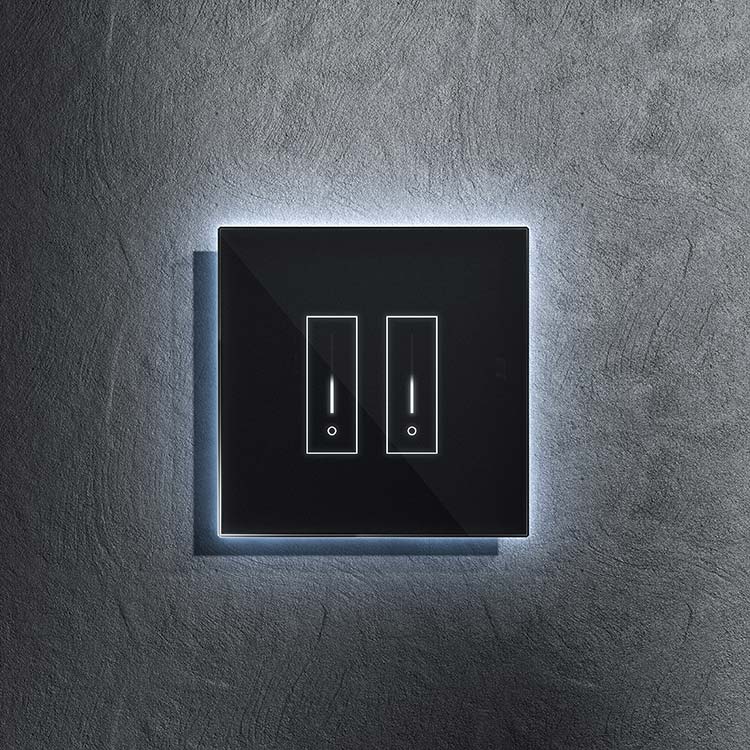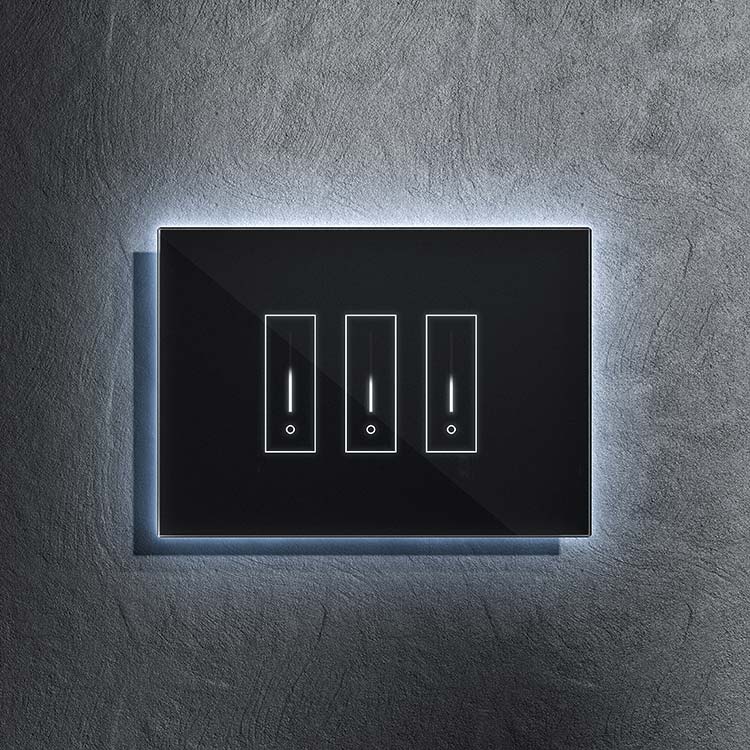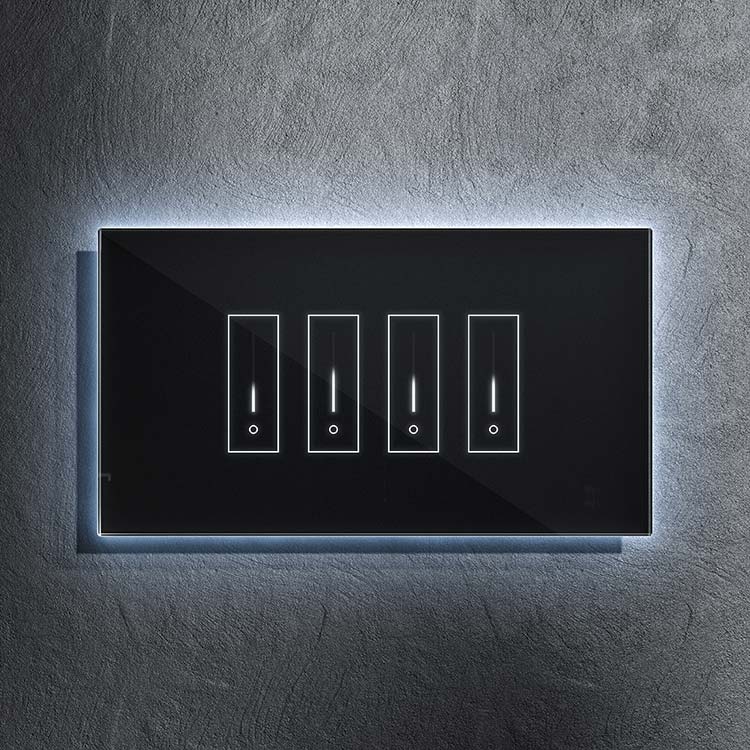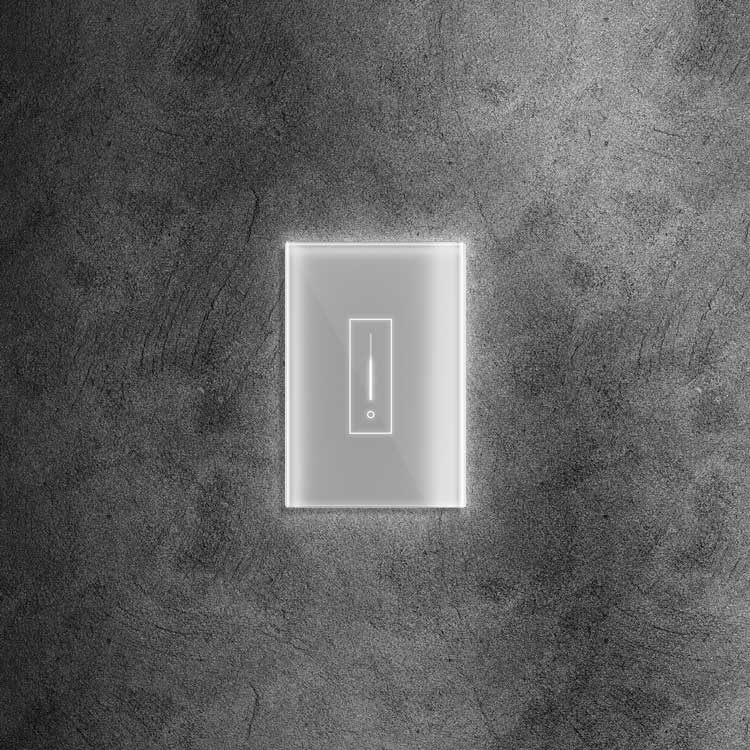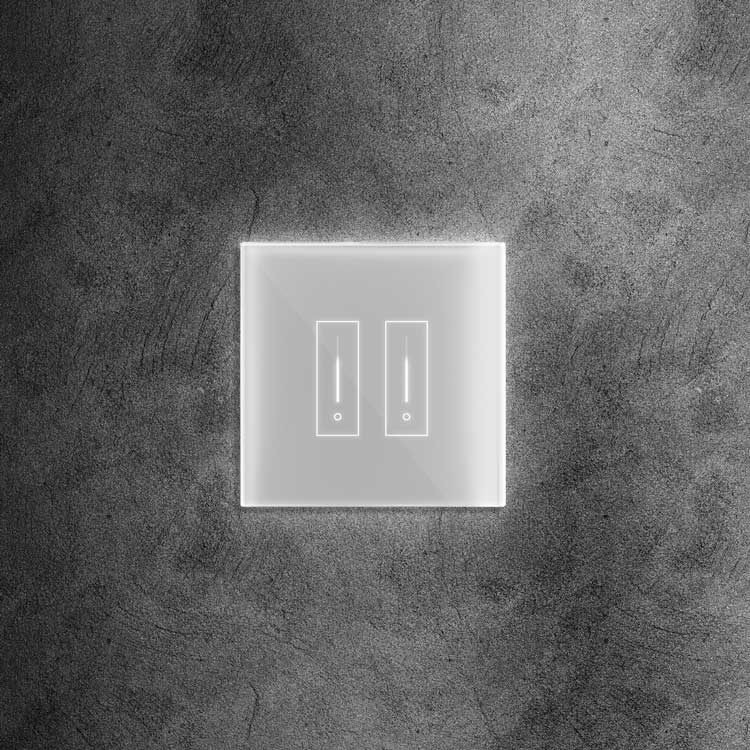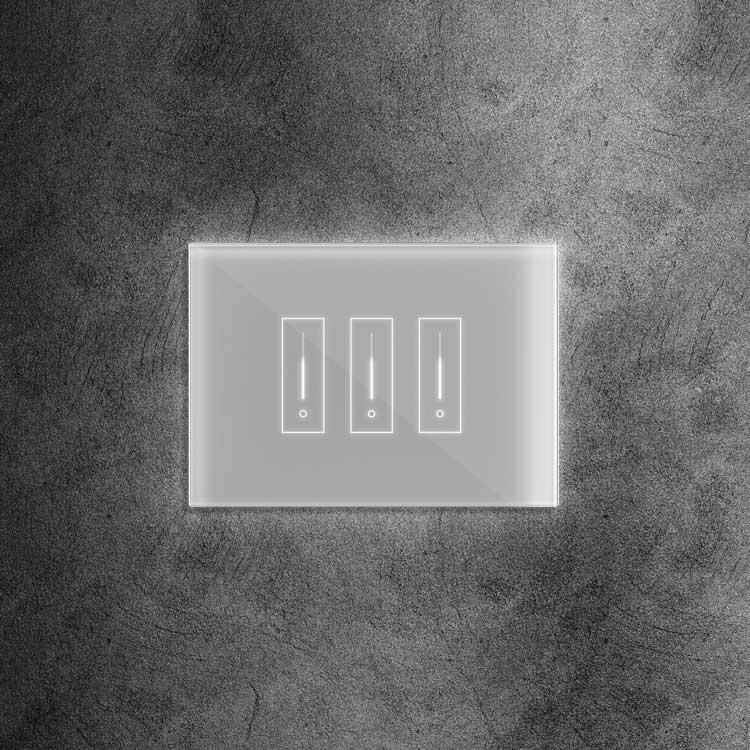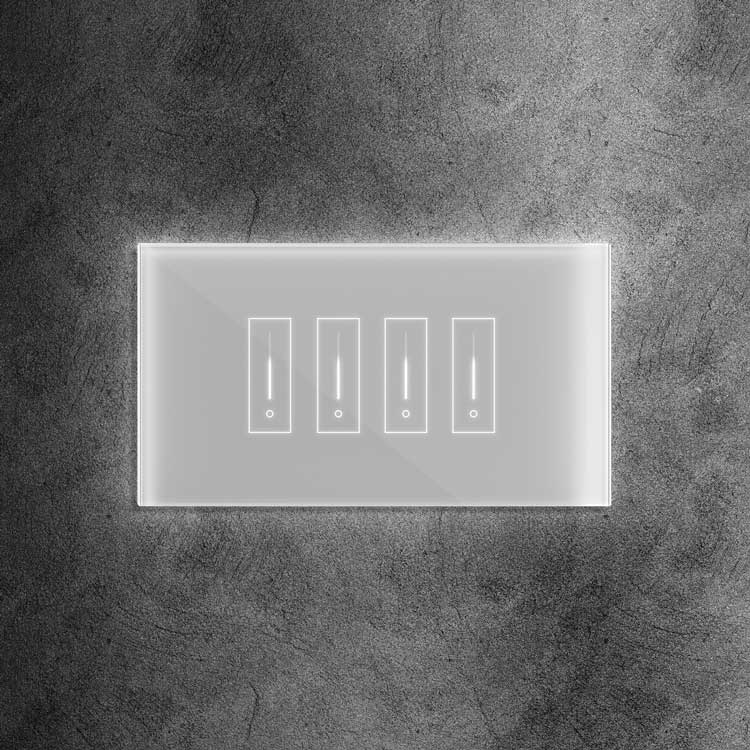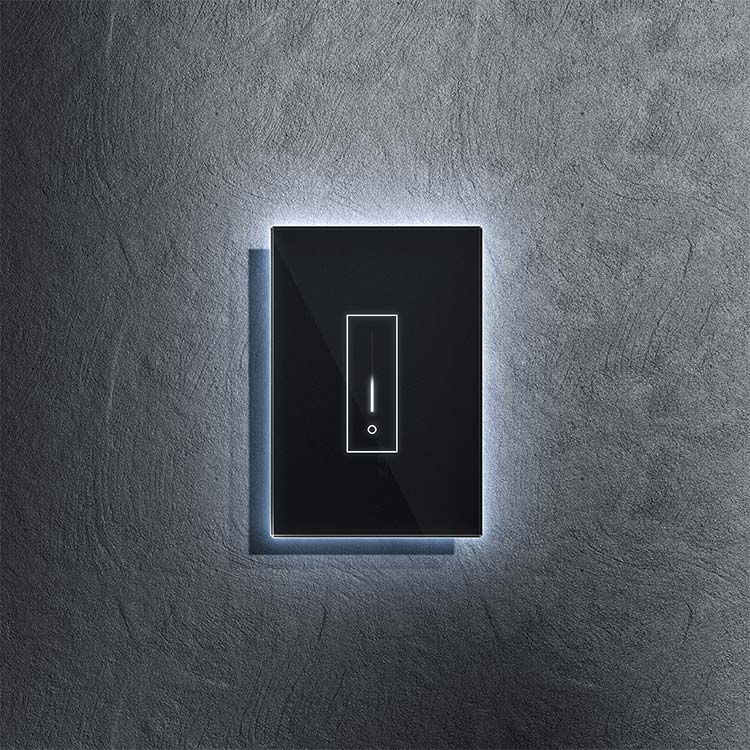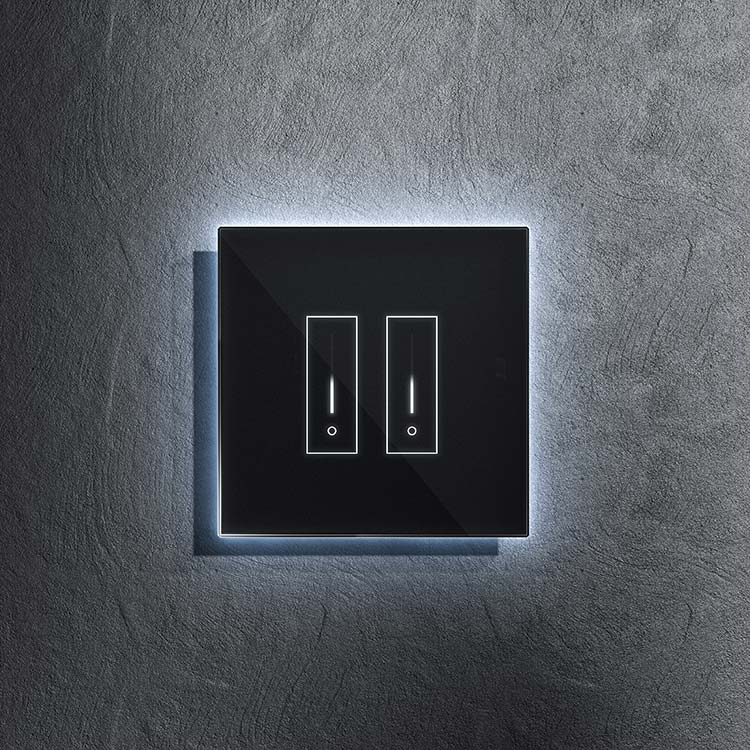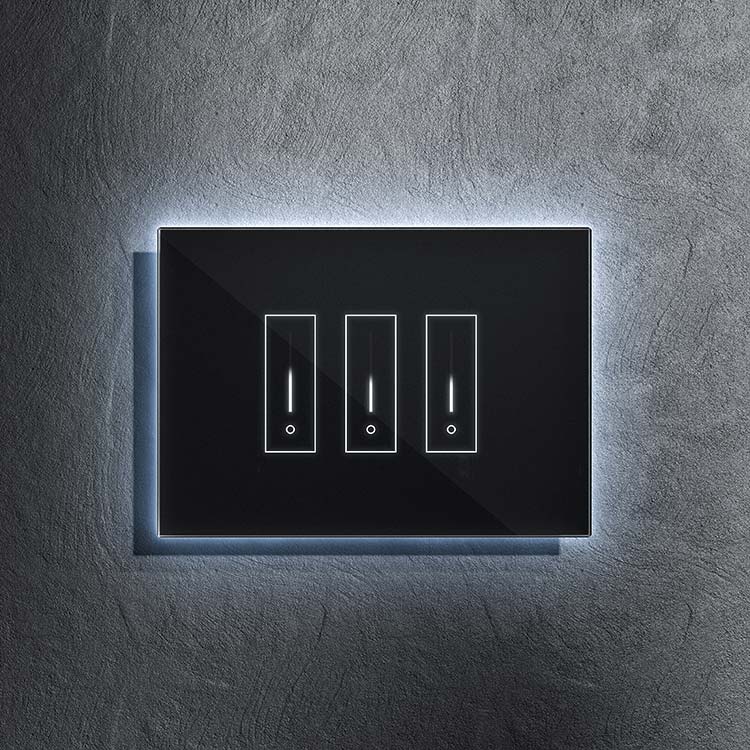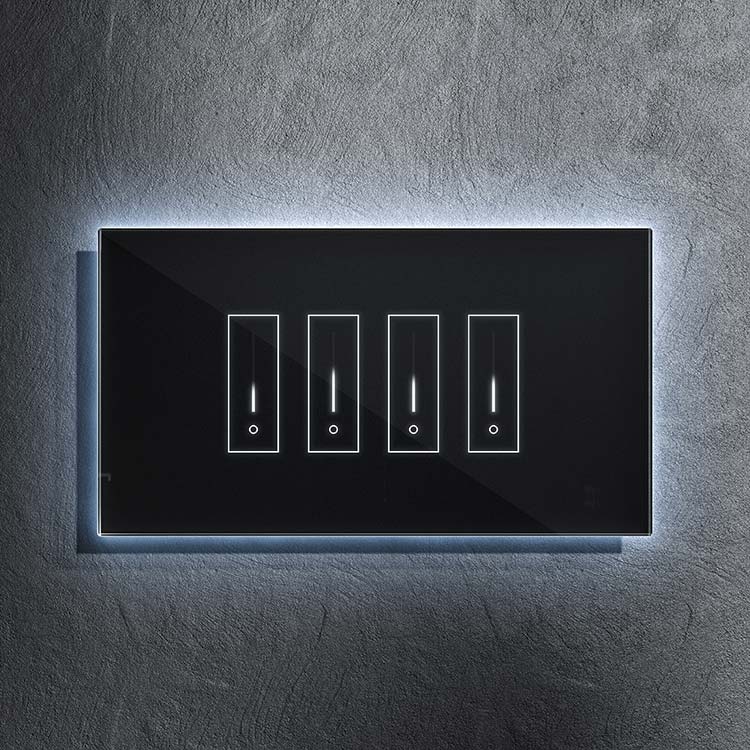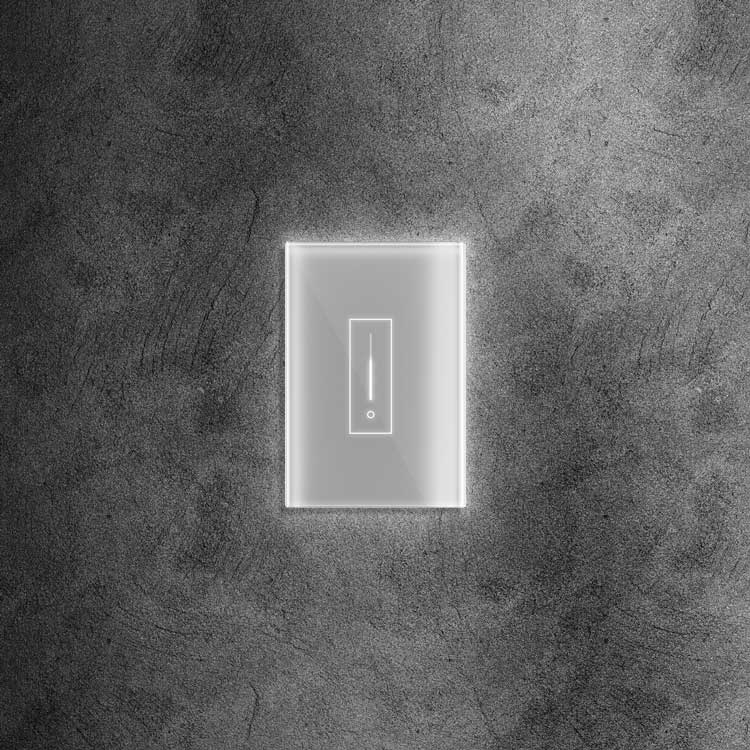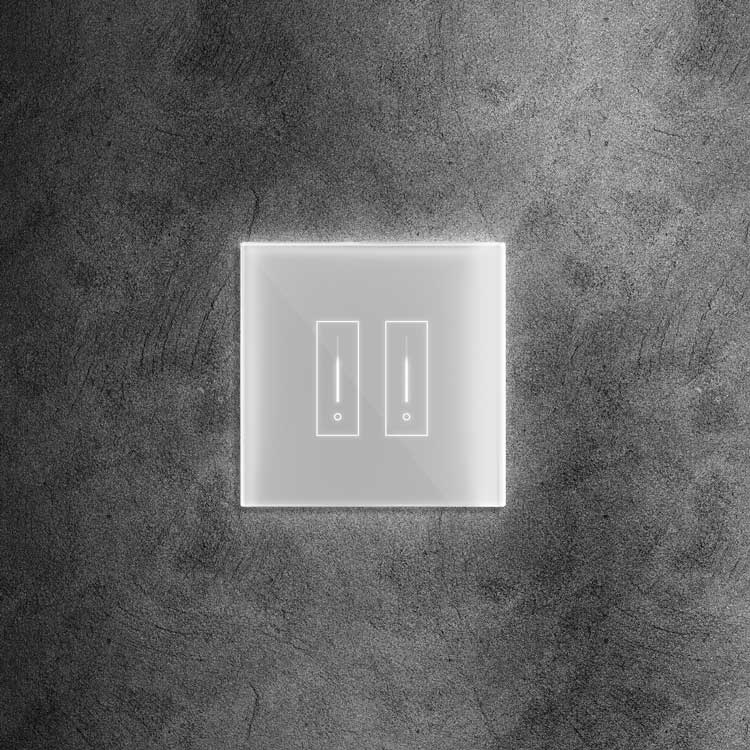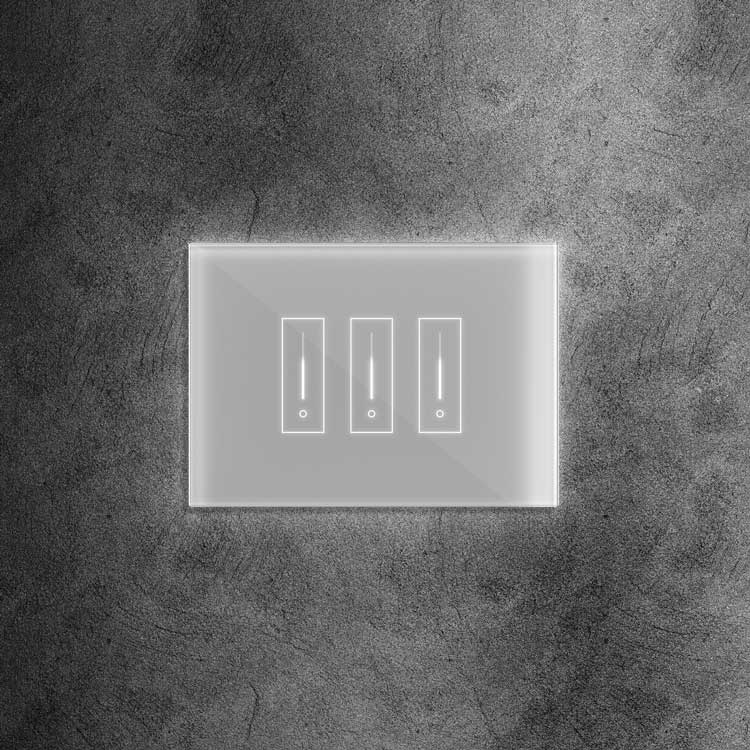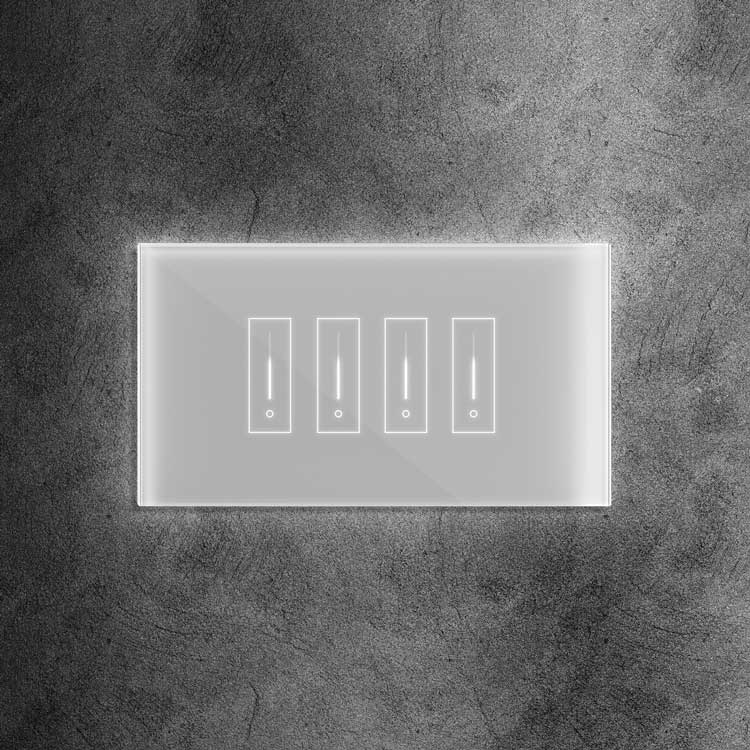In today's connected world, the idea of a "smart home" has transitioned from a futuristic fantasy to an everyday reality. With the rise of IoT (Internet of Things) technology, homeowners can now control various aspects of their living spaces remotely, efficiently, and easily. At the heart of this technological revolution lies the smart home control panel—a centralized hub that grants users seamless control over their connected devices and systems. In this comprehensive guide, we delve into everything you need to know about smart home control panels, from their functionality to the best options available in the market.
Understanding Smart Home Control Panels
A smart home control panel serves as the nerve center of a connected home ecosystem, allowing users to oversee and control various devices and services from a single interface. Whether adjusting the thermostat, dimming the lights, or locking the doors, these panels provide users unparalleled convenience and flexibility.
One of the most popular iterations of smart home control panels integrates voice assistants such as Alexa, offering hands-free control over various functions. With an Alexa-enabled smart home control panel, users can issue voice commands to execute tasks, enhancing the user experience.
Exploring the Options: Alexa Smart Home Control Panels
When choosing a smart home control panel, the market offers many options to suit diverse preferences and requirements. For those invested in the Amazon ecosystem, opting for an Alexa smart home control panel can be a game-changer. These panels seamlessly integrate with Alexa-enabled devices, allowing for effortless voice control over connected appliances, entertainment systems, and more.
Additionally, Alexa smart home control panels often feature intuitive interfaces and robust compatibility with third-party devices, ensuring a seamless user experience. Whether managing your smart lights, setting reminders, or streaming music, these panels offer unparalleled convenience at your fingertips.
Navigating the Landscape: Android Smart Home Control Panel
Android users, too, can access a wide array of smart home control panel options tailored to their specific needs. These panels leverage the power of the Android ecosystem to deliver seamless integration with smartphones, tablets, and other operating system devices.
These panels offer comprehensive functionality with the familiar Android interface, from controlling smart appliances to monitoring home security cameras. Moreover, many Android smart home control panel support personalization choices that let users customize their smart home experience according to their preferences.
Harnessing the Power of Integration: Smart Home Control Panel Google
For users deeply entrenched in the Google ecosystem, a smart home control panel Google can be ideal. These panels leverage Google's robust infrastructure and AI capabilities to deliver a cohesive and intuitive smart home experience.
With seamless integration with Google services such as Google Assistant and Google Home, users can effortlessly vocal commands to operate their linked gadgets or the intuitive interface. Whether controlling smart thermostats, setting up routines, or accessing real-time information, a Google-powered smart home control panel offers unparalleled convenience and versatility.
Choosing the Best: The Quest for the Best Smart Home Control Panel
With abundant options, selecting the best smart home control panel can seem daunting. However, several key factors can help narrow the choices and find the perfect fit for your needs.
First and foremost, consider compatibility with your existing smart devices and systems. A compatible smart home control panel ensures seamless integration and smooth operation across all connected devices. Additionally, assess the user interface and ease of use—opt for a panel with an intuitive interface and user-friendly controls for a hassle-free experience.
Moreover, prioritize features that align with your specific requirements, whether voice control, automation capabilities, or advanced security features. Finally, consider factors such as reliability, customer support, and future scalability to make an informed decision.
The Future of Smart Home Control Panels
With the ongoing advancement of technology, the terrain of smart home control panels is poised for further innovation and advancement. Emerging trends such as AI integration, machine learning algorithms, and enhanced connectivity are set to revolutionize how we interact with our homes.
AI-powered smart home control panels have the potential to learn user preferences over time, automatically adjusting settings and routines to optimize comfort and efficiency. Moreover, increased integration with IoT devices and sensors will enable more comprehensive home automation, from predictive maintenance to energy management.
Furthermore, advancements in voice recognition technology will enhance the capabilities of smart home control panels, making interactions more natural and intuitive. With the ability to understand context and execute complex commands, voice-enabled panels will become even more integral to the smart home ecosystem.
The Evolution of Smart Home Control Panels
The evolution of smart home control panels mirrors the rapid development of technology in the broader IoT landscape. From rudimentary interfaces to sophisticated, AI-powered platforms, these panels have undergone significant transformations over the years.
Early iterations of smart home control panels were often limited in functionality and compatibility, requiring users to navigate clunky interfaces and deal with interoperability issues. However, as technology matured and consumer demand grew, manufacturers prioritized user experience and integration, developing more intuitive and versatile solutions.
Modern smart home control panels boast sleek designs, responsive touchscreens, and seamless integration with a wide range of smart devices and protocols. Thanks to AI and machine learning advancements, these panels can anticipate user needs, adapt to changing environments, and optimize energy usage—all with minimal user input.
Moreover, the rise of voice assistants such as Alexa, Google Assistant, and Siri has further revolutionized how we interact with smart home control panels. Users can effortlessly control their connected devices, access information, and even engage in natural language conversations with their virtual assistants by simply speaking commands aloud.
The future of smart home control panels promises even greater innovation and integration. As IoT ecosystems expand and converge, we expect enhanced interoperability, standardized protocols, and seamless connectivity across all facets of the smart home.
The Role of Smart Home Control Panels in Sustainability
Besides being practical and effective, smart home control panels are crucial in promoting sustainability and environmental responsibility. By letting consumers monitor and control their energy usage in real-time, these panels empower individuals to make informed decisions that reduce waste and minimize their carbon footprint.
Through energy monitoring, smart scheduling, and remote access, Users can pinpoint inefficient regions and apply targeted solutions to optimize resource usage. Whether it's adjusting thermostat settings, turning off lights, or powering down electronics, every smart home control panel action contributes to a more sustainable and eco-friendly lifestyle.
Moreover, incorporating solar panels, other sustainable energy sources, and wind turbines into the smart home ecosystem further enhances its environmental impact. Smart home control panels can intelligently manage these alternative energy sources, maximizing their efficiency and minimizing reliance on traditional grid power.
By harnessing the power of technology and data, smart home control panels empower individuals to progress toward a more sustainable and greener future. From reducing energy waste to promoting renewable energy adoption, these panels serve as catalysts for positive change on both a personal and global scale.
The Human-Centric Future of Smart Home Control Panels
As technology advances, it's essential to maintain a human-centric approach to the design and development of smart home control panels. While automation and AI offer incredible potential for efficiency and convenience, they must always be tempered with privacy, security, and user autonomy considerations.
Designing intuitive interfaces, implementing robust security measures, and prioritizing user privacy is paramount to ensuring that smart home control panels remain trusted and reliable tools for enhancing daily life. Fostering open ecosystems and standards-based approaches can promote interoperability and prevent vendor lock-in, empowering users to select the most closely matches their needs.
Conclusion
In conclusion, a smart home control panel is the cornerstone of a modern connected home, offering unparalleled convenience, efficiency, and control. Whether it's managing smart devices, controlling entertainment systems, or enhancing home security, these panels empower users to streamline their daily routines and elevate their living spaces to new heights of intelligence and sophistication. By understanding the options available and prioritizing key factors, homeowners can embark on a journey toward creating the ultimate smart home experience.






